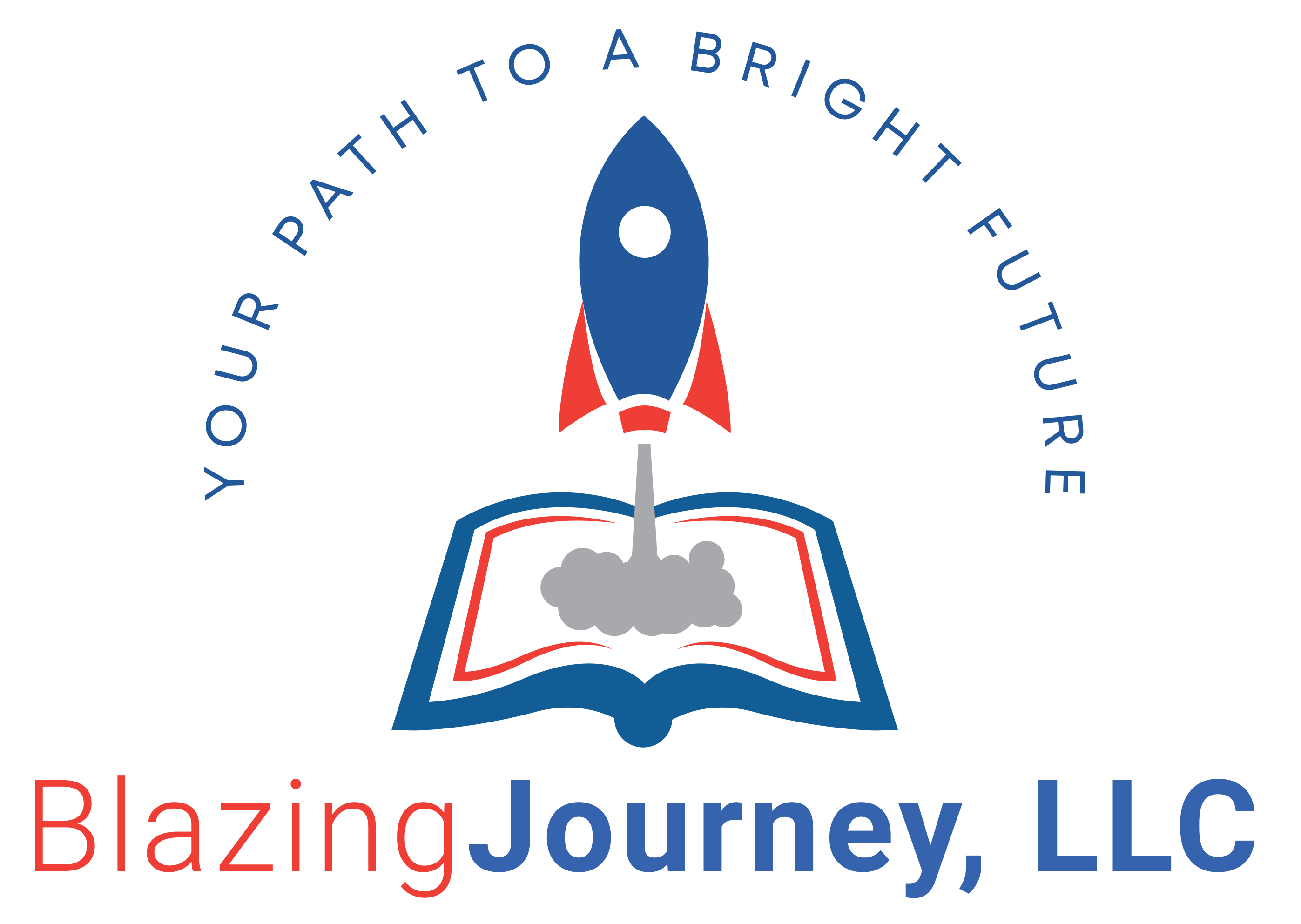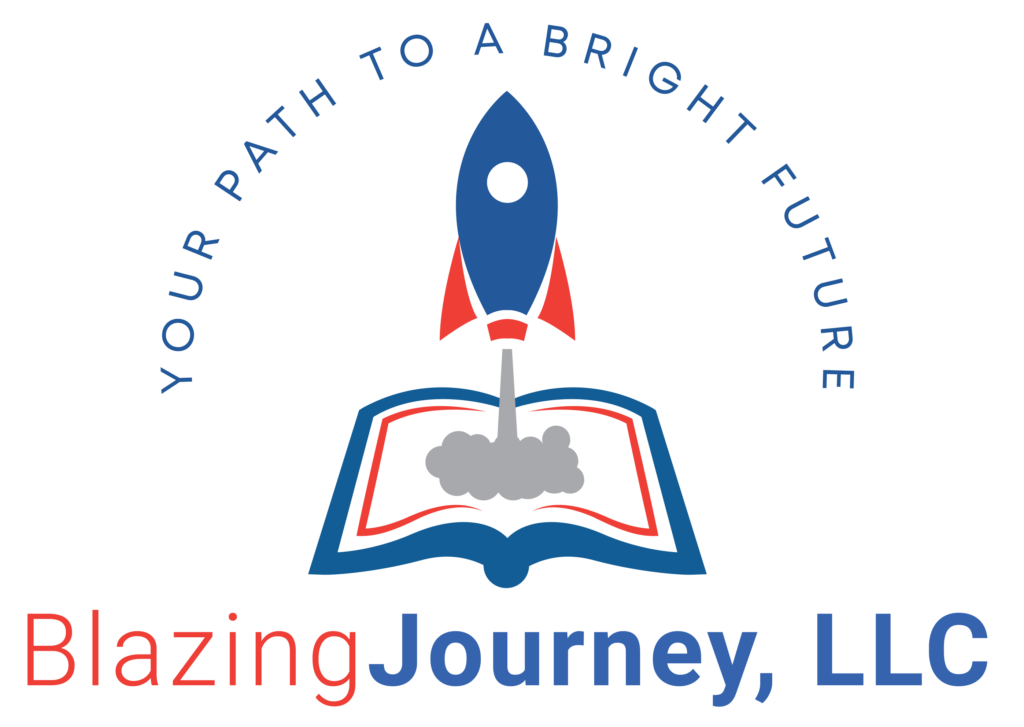Early Intervention
What is Early Intervention?
The first three years of life are the most critical in a child’s development. Parents are often the first to notice when their child is not learning or growing like other infants and toddlers. Sometimes, as they grow, children may have trouble seeing, hearing, talking, walking or have other special needs. The Early Intervention Program (EIP) is a system of services for children, birth to three years, who have suspected or diagnosed developmental delays or disabilities. It focuses on five (5) areas of developmental functioning including:
- Cognitive (playing, learning, problem solving)
- Communication (talking, understanding, making needs known)
- Physical (moving in the environment, manipulating objects)
- Adaptive (eating, sleeping, dressing)
- Social Emotional (interactions with others, mood, sense of security)
THE ROLE OF THE FAMILY
Recognize the critical role you and other caregivers play in your child’s development.
- Share your interests, priorities and questions with your provider
- Set goals based on how your child’s progress fits family priorities
- Learn from the team so you can work with your child during your family’s everyday routines between visits
Start Early
Every child develops at their own rate and own time. some children walk and talk early, others may be delayed in learning certain skills. It is important to pay attention to milestones.
If you have any concerns about your child’s development, get help. The earlier you get help, the better. Help your child, Help your family!


